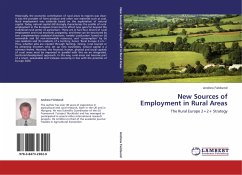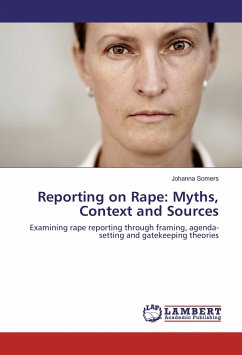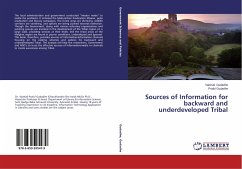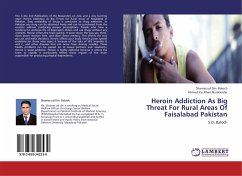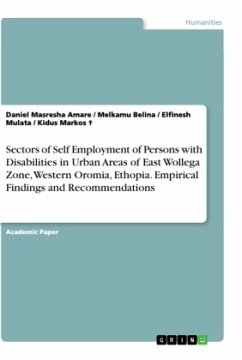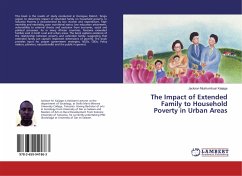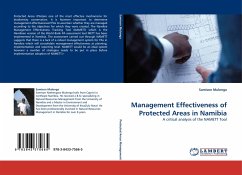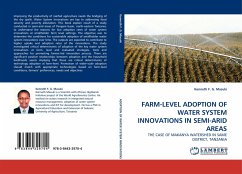Historically, the economic contribution of rural areas to regions was clear: it was the provider of farm produce and other raw materials such as coal. Rural employment was evidently based on the exploitation of natural capital. Today, natural capital still strongly characterises the profile of rural employment in the European Union but its effect now goes far beyond the traditional rural sector of agriculture. There are in fact four drivers of rural employment and rural economic prosperity, and these can be structured by two complementary analytical directions, namely production based on (a) renewable and (b) non-renewable resources, and consumption by (a) non-residents and (b) residents of a territory, hence Rural Europe 2+2+ . Thus, whether jobs are created through farming, mining, rural tourism or by attracting incomers who set up new businesses, natural capital is a common theme. However, the financial, human, physical and social capitals of rural areas must be improved in parallel with this via an integrated, territorial development approach. In this way, rural areas can become part of a smart, sustainable and inclusive economy in line with the priorities of Europe 2020.

